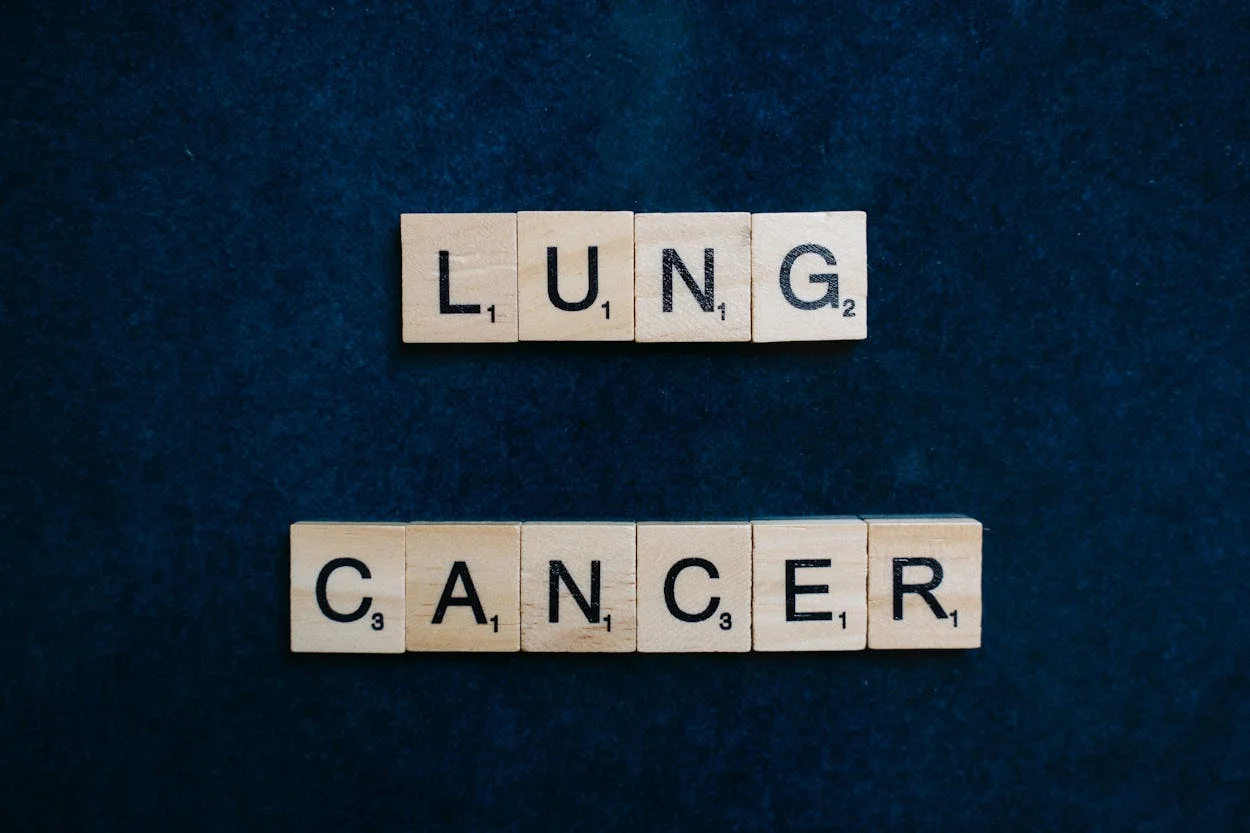
Interim results from the ongoing IDeate-Lung01 phase 2 trial show that ifinatamab deruxtecan (I-DXd) continues to deliver promising objective response rates in patients with pretreated extensive-stage small cell lung cancer (ES-SCLC). These findings, part of a press conference today, will also be presented in an oral session (OA04.03) on Sunday at the 2024 World Conference on Lung Cancer (#WCLC24), organized by the International Association for the Study of Lung Cancer.
Ifinatamab deruxtecan is a potential first-in-class B7-H3 directed antibody drug conjugate (ADC), developed by Daiichi Sankyo in collaboration with Merck (MSD outside the U.S. and Canada).
Small cell lung cancer (SCLC), which accounts for 15% of lung cancer cases, is highly aggressive and often progresses to the metastatic stage, which has a five-year survival rate of only 3%. About 65% of SCLC tumors express moderate to high levels of the protein B7-H3, which is associated with poor prognosis.
“Most small cell lung cancer patients face rapid disease progression, and there is a significant unmet need in treating advanced cases,” said Dr. Charles M. Rudin, Deputy Director at Memorial Sloan Kettering Cancer Center. “These interim results suggest ifinatamab deruxtecan could be a valuable treatment option for patients with pretreated ES-SCLC, warranting further research.”
The trial showed a confirmed objective response rate (ORR) of 54.8% (95% CI: 38.7-70.2) in the 12 mg/kg group (n=42) and 26.1% (95% CI: 14.3-41.1) in the 8 mg/kg group (n=46). In the 12 mg/kg cohort, 23 partial responses (PR) were recorded, while the 8 mg/kg group had one complete response (CR) and 11 PRs. The median duration of response (DoR) was 4.2 months for the 12 mg/kg group and 7.9 months for the 8 mg/kg group. Disease control rates (DCR) were 90.5% and 80.4%, respectively. Median progression-free survival (PFS) was 5.5 months in the 12 mg/kg group and 4.2 months in the 8 mg/kg group. Overall survival (OS) was 11.8 months and 9.4 months, respectively. The 12 mg/kg dose has been selected for the trial’s next phase.
Notably, in patients with brain metastases, the intracranial ORR was 50.0% for the 12 mg/kg group and 66.7% for the 8 mg/kg group, with each cohort seeing two intracranial complete responses.
“The objective response rates and nearly year-long median survival reinforce the potential of ifinatamab deruxtecan to improve outcomes in this difficult-to-treat cancer,” said Dr. Mark Rutstein, Global Head of Oncology Clinical Development at Daiichi Sankyo. He added that further results are expected from the ongoing phase 2 and phase 3 trials.
Dr. Marjorie Green, Senior Vice President at Merck Research Laboratories, emphasized the results support B7-H3 as a potential actionable target in SCLC and expressed optimism about advancing clinical development for ifinatamab deruxtecan.
The safety profile from the trial was consistent with previous studies. Grade 3 or higher treatment-emergent adverse events (TEAEs) were observed in 50.0% of patients in the 12 mg/kg group and 43.5% in the 8 mg/kg group. The most common TEAEs included nausea, decreased appetite, anemia, neutropenia, and asthenia. Treatment-related interstitial lung disease (ILD) or pneumonitis occurred in 11.9% of the 12 mg/kg group and 8.7% of the 8 mg/kg group, mostly low grade, with one grade 3 and one grade 5 case.





